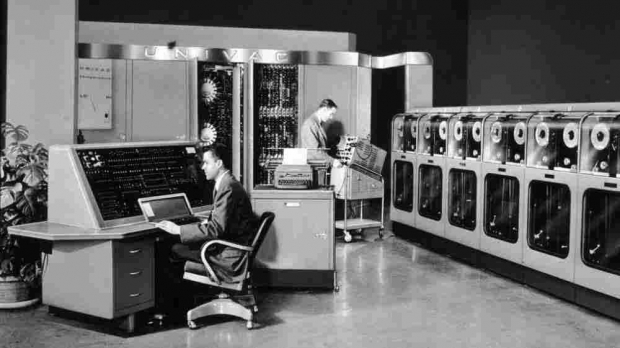Noting that the Chinese supercomputers run on Intel chips, the US government has told Chipzilla that it can't sell them any more.
Intel applied for a licence to export tens of thousands of chips to update the Tianhe-2 computer and the Department of Commerce refused, saying it was concerned about nuclear research being done with the machine.
The Tianhe-2 uses 80,000 Intel Xeon chips to generate a computational capacity of more than 33 petaflops.
According to the Top 500, an organisation that monitors supercomputers, the Tianhe-2 has been the world's most powerful machine for the past 18 months.
This year the Chinese machine was due to undergo a series of upgrades to boost its number-crunching abilities past 110 petaflops. The upgrades would depend largely on new Intel Xeon chips. The chipmaker informed US authorities of its involvement with the upgrade programme and was told to apply for an export licence.
Excuse
The excuse that the US used was that the Chinese supercomputers because the machines were being used for "nuclear explosive activities".
The notice added that the four institutions where the supercomputers would be located were deemed to be "acting contrary to the national security or foreign policy interests of the United States".
To make up for it, Intel is allowed to build the Aurora supercomputer at the Argonne National Laboratory in Illinois. When finished that machine is expected to have a peak performance of 180 petaflops. Ironically one of the jobs of Aurora is to work on US nuclear weapons testing.

